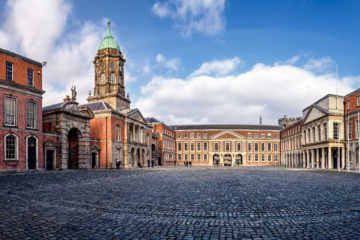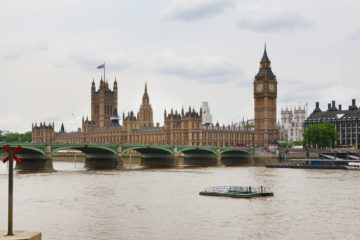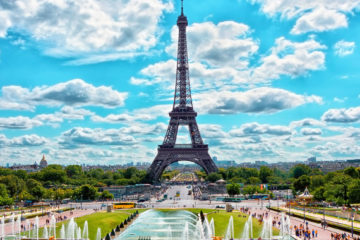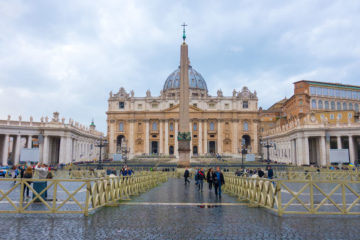Europe, the cradle of Western civilization, is not just a continent; it’s a kaleidoscope of history, culture, and diversity. Stretching from the icy reaches of the Arctic Circle to the sun-soaked shores of the Mediterranean, Europe is a continent that has shaped the course of human history for centuries.
Geographical Diversity
Europe’s geography is as varied as its cultures. From the towering peaks of the Alps to the serene waters of the Scandinavian fjords, and from the sprawling Russian plains to the dramatic cliffs of the Atlantic coastline, Europe’s physical features have played a pivotal role in shaping its history and character.
Cultural Richness
At the heart of Europe’s charm lies its cultural richness. With over 40 countries and countless languages spoken, Europe is a patchwork of identities. Each nation has its own unique traditions, art, and cuisine. From the romantic streets of Paris to the historic charm of Prague, and the culinary delights of Italy to the architectural wonders of Spain, Europe offers a never-ending smorgasbord of experiences.
Historical Significance
Europe’s historical significance is unrivaled. It’s the continent that gave birth to democracy in ancient Greece, witnessed the rise and fall of the Roman Empire, and saw the tumultuous Middle Ages followed by the Renaissance and Enlightenment eras that ignited the flames of knowledge and reason.
Modern Political Landscape
Today, Europe is a mosaic of political systems, from the Nordic democracies of Scandinavia to the constitutional monarchies of Western Europe and the federal states of Germany. The European Union (EU), with its mission of fostering unity and cooperation, stands as a beacon of supranational governance, with the Euro as its common currency.
Economic Powerhouse
Europe is a global economic powerhouse. Its industrial might, innovative technologies, and strong welfare systems are benchmarks for the world. It’s home to renowned companies and industries that influence markets worldwide.
Cultural Export
European culture is a major export. From classical music masters like Mozart and Beethoven to contemporary artists like Adele and Picasso, Europe has shaped global artistic and cultural trends for centuries. Its film industry, literature, and fashion continue to captivate audiences worldwide.
Tourist Haven
Europe is a magnet for travelers. The continent’s historical sites, such as the Acropolis in Athens, the Colosseum in Rome, and the Palace of Versailles in France, draw millions of tourists annually. The picturesque landscapes of the Swiss Alps, the Amalfi Coast in Italy, and the Greek Islands are a testament to Europe’s natural beauty.
Challenges and Unity
Europe also faces challenges. The refugee crisis, terrorism, and political divides have tested its unity. Brexit, in particular, was a historic moment that showcased the complexities of balancing national sovereignty and supranational cooperation.
Environmental Stewardship
Environmental consciousness is a growing concern. European nations are leaders in renewable energy, sustainability, and climate action, setting an example for the world in addressing environmental challenges.
In essence, Europe is more than a geographical entity; it’s a treasure trove of history, a cradle of culture, and a testament to the enduring human spirit. As it navigates the complexities of the 21st century, Europe remains an influential force, a beacon of enlightenment, and a source of inspiration for the world.



